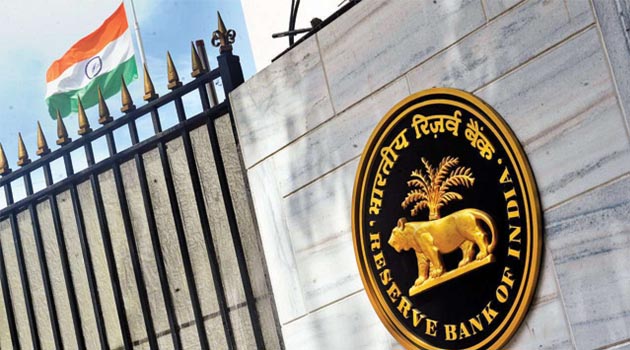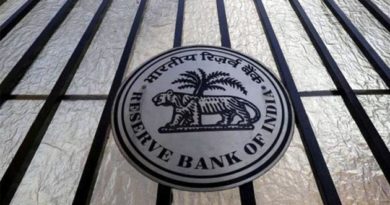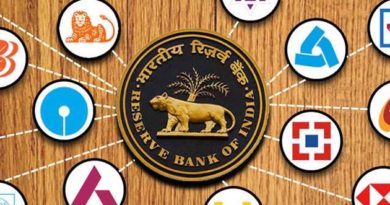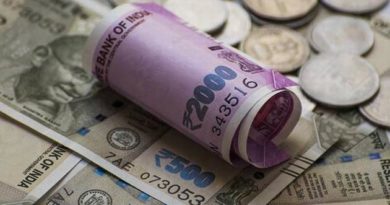RBI hikes interest rates
Reserve Bank of India has again raised the interest rate back to back for the first time in almost five years to curb inflation and pre-empt a rout of the rupee as the global trade war escalates.
The central bank’s six-member monetary policy committee voted 5-1 to raise policy rates by 25 basis points to 6.5%. This is the first time since October 2013 that RBI has raised rates in consecutive meetings of its rate-setting panel. It raised interest rates by 25 basis points in its June meeting.
The possibility of another rate hike this financial year remained as RBI governor Urjit Patel reiterated his intention to stick to the 4% inflation target and indicated upside risks to the target because of the larger-than-average increase in minimum support price (MSP) for summer-sown crops and volatility in crude oil prices.
“We have been away from the 4% (CPI) target for several months now. And we took two steps. One in June and one in August to maximize our chances that we don’t drift away from 4% and we move towards 4% on a durable basis,” Patel said.
The MSP hike is the primary factor stoking inflation this year, RBI said. The government has fixed MSP at 150% of the cost of production of all kharif crops.
“This increase in MSPs for kharif crops, which is much larger than the average increase seen in the past few years, will have a direct impact on food inflation and second round effects on headline inflation,” RBI said in its policy statement.
RBI also highlighted its concerns over crude oil prices, which remain elevated, despite seeing a slight moderation.
The committee also voted to keep its policy stance neutral, keeping its options open for further rate hikes. One reason for the neutral stance was the potential impact of trade tensions between the US and China.
“Few months of turbulence are now behind us. It looks like this is likely to continue. Trade skirmishes evolved into tariff wars. We are possibly at the beginning of a currency war,” said Patel.




